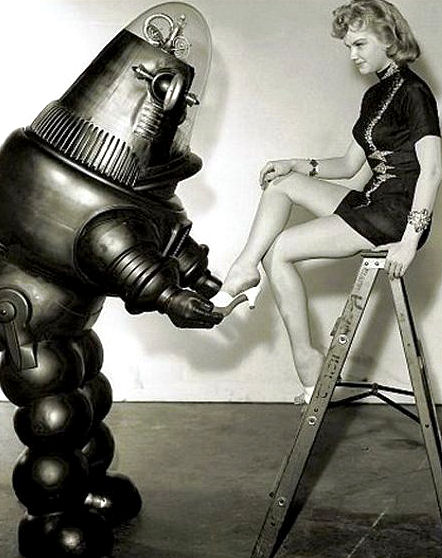Los Angeles City Beat talks with Michael Silverblatt. Surprisingly, Silverblatt comes off not sounding too pompous and even quite gracious. (via Sarah)
Category / Uncategorized
New Review
My review of Steve Erickson’s Zeroville can be found in today’s Philly Inquirer.
RIP Ira Levin
Ira Levin has passed on.
